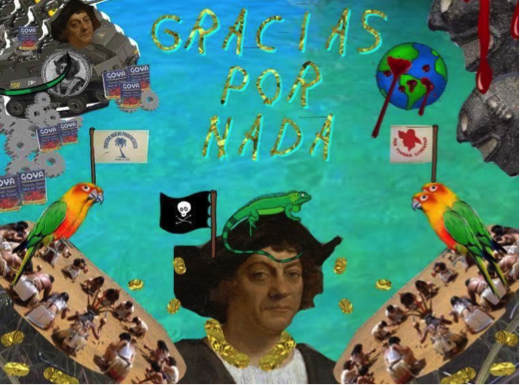“All the Gay People Will Disappear”
by Benjamin Haber and Daniel J Sander The original context of the above tweet, which preceded Twitter’s introduction of threads, was part of a longer ironic statement in support of the legalization of gay marriage in the state of New York.1 Baldwin suggested that if one really opposed such a move, especially on religious grounds, then they should perform an incantation, and “all the gay people will disappear.” In late 2020 and early 2021, Baldwin’s tweet began recirculating out of context, divorced from the original discussion around gay marriage. Instead, queers, in replies and quote tweets, affirmed the at times self-deprecating idea that “gay people,” primarily signifying cis white homosexuals, had overstayed their welcome, becoming cringeworthy, and really ought to disappear. In highlighting the playful stretching of Baldwin’s tweet back and forward in time, we look to foreground a shift in queer representation as marked for death to one bored to death. For Douglas Crimp, the disappearance of gay representation during the advent of the HIV/AIDS pandemic was paradoxically achieved through new forms of overdetermined …



